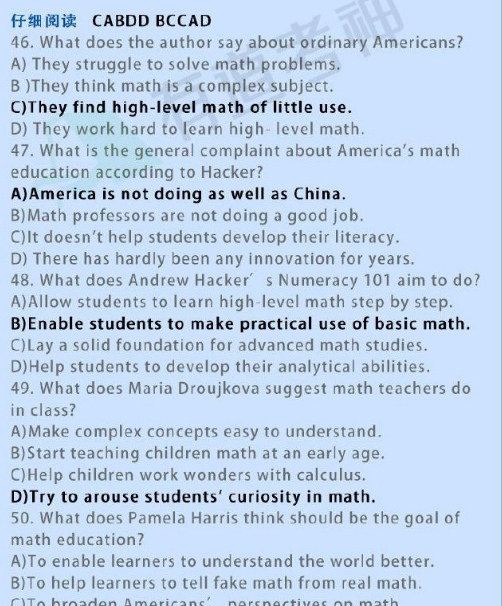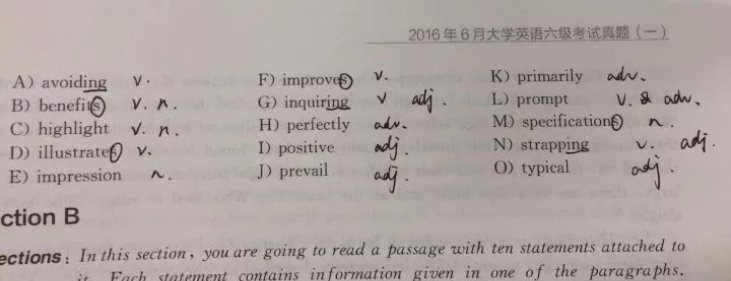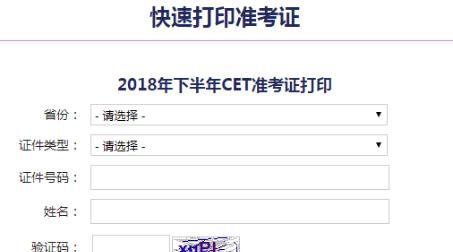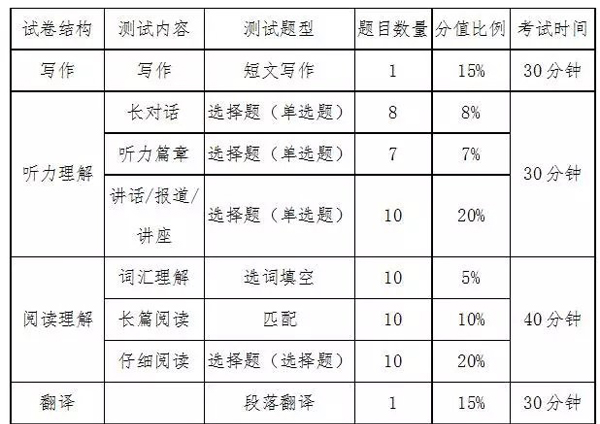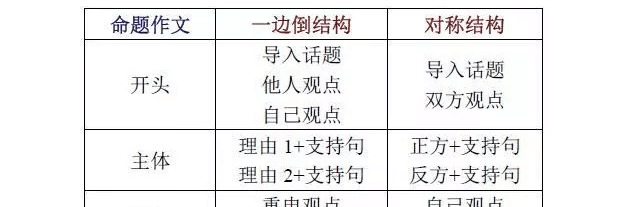LSAT模拟试题:LSAT模拟试题TEST3逻辑1b
|
10. Millions of irreplaceable exhibits in natural history museums are currently allowed to decay. Yet without analyses of eggs from museums, the studies linking pesticides with the decline of Birds of prey would have been impossible Therefore, funds must be raised to preserve at least Those exhibits that will be most valuable to science in the future The argument presupposes that: (A) If a museum exhibit is irreplaceable, its preservation is of an importance that overrides economic considerations. (B) The scientific analysis of museum exhibits can be performed in nondestructive way (C) Eggs of extinct species should be analyzed to increase knowledge of genetic relationships among species (D) It can be known at this time what data will be of most use to scientific investigators in the future (E) The decay of organic material in natural history exhibits is natural and cannot be prevented 11. Compared to nonprofit hospitals of the same size, investor-owned hospitals require less public investment in the form of tax breaks, use fewer employees, and have higher occupancy levels. It can therefore be concluded that investor-owned hospitals are a better way of delivering medical care than are nonprofit hospitals. Which one of the following, if true, most undermines the conclusion drawn above? (A) Nonprofit hospitals charge more per bed than do investor-owned hospitals. (B) Patients in nonprofit hospitals recover more quickly than don patients with comparable Illnesses in investor-owned hospitals (C) Nonprofit hospitals do more fundraising than do investor-owned hospitals. (D) Doctors at nonprofit hospitals earn higher salaries than do similarly qualified doctors at investor-owned hospitals. (E) Nonprofit hospitals receive more donations than do investor-owned hospitals. 12. The ancient Egyptian pharaoh Akhenaten, who had a profound effect during his lifetime on Egyptian art and religion, was well loved and highly respected by his subjects. We know this from the fierce loyalty show to him by his palace guards, as documented in reports written during Akhenaten's reign. A questionable technique used in the argument is to: (A) Introduce information that actually contradicts the conclusion (B) Rely on evidence that in principle would be impossible to challenge (C) Make a generalization based on a sample that is likely to be unrepresentative (D) Depend on the ambiguity of the term “ancient” (E) Apply present-day standards in an inappropriate way to ancient times 13. Physician: The patient is suffering either from disease X or else from disease Y. but there is no available test for distinguishing X from Y. Therefore, since there is an effective treatment for Y but no treatment for X, we must act on the assumption that the patient has a case of Y. The physician's reasoning could be based on which one of the following principles? (A) In treating a patient who has one or the other of two diseases, it is more important to treat the diseases than to determine which of the two diseases the patient has. (B) If circumstances beyond a decision maker's control will affect the outcome of the decision maker's actions, the decision maker must assume that circumstances are unfavorable (C) When the soundness of a strategy depends on the truth of a certain assumption, and the first step in putting the strategy into effect must be to test the truth of this assumption. (D) When success is possible only if a circumstance beyond one's control is favorable, and then one's strategy must be based on the assumption that this circumstance is in fact favorable (E) When only one strategy carries the possibility of success. Circumstances must as much as possible be changed to fit this strategy. 14. Consumer advocate: tropical oils are high in saturated fats, which increase the risk of heart disease Fortunately, in most prepared food tropical oils can be replaced by healthier alternatives without noticeably affecting taste. Therefore, intensive publicity about the disadvantage of tropical oils will be likely to result in dietary changes that will diminish many people's risk of developing heart disease Nutritionist: The major sources of saturated fat in the average North American diet are meat, poultry, and dairy products, not tropical oils. Thus, focusing attention on the health hazards of tropical oils would be counterproductive, because it would encourage people to believe that more substantial dietary changes are unnecessary. Which one of the following is a point at issue between the nutritionist and the consumer advocate? (A) Whether a diet that regularly includes large quantities of tropical oil can increase the risk of heart disease (B) Whether intensive publicity campaigns can be effective as means of changing people's eating habits (C) Whether more people in North American would benefit from reducing the amount of meat they consume than would benefit from eliminating tropical oils from their diets. (D) Whether some people's diets could be made significantly healthier if they replaced all tropical oils with vegetable oils that are significantly lower in saturated fat (E) Whether conducting a publicity campaign that by focusing on the health hazards of tropical oils persuades people to replace such oils with healthier alternatives is a good public-health strategy. 15. People who take what others regard as a ridiculous position should not bother to say, “I mean every word!” For either their position truly is ridiculous, in which case insisting that they are serious about it only exposes them to deeper embarrassment, or else their position has merit, in which case they should meet disbelief with rational argument rather than with assurances of their sincerity. Which one of the following arguments is most similar in its reasoning to the argument above? (A) A practice that has been denounced, as poor practice should not be defended on the grounds that “this I show we have always done it.” If the practice is a poor one, so much the worse that is has been extensively used; if it is not poor one, there must be a better reason for engaging in it than inertia (B) People who are asked why they eat some of the unusual foods they eat some of the unusual foods they eat should not answer, “because that is what I like, ”This sort of answer will sound either na?ve or evasive and thus will satisfy no one (C) People whose taste in clothes is being criticized should not replay, “Every penny I spent on these clothes I earned honestly.” For the issue raise by the critics is not how the money was come by but rather whether it was spent wisely. (D) Scholars who champion unpopular new theories should not assume that the widespread rejection of their ideas shows that they “must be no the right track.” The truth is that few theories of any consequence are either wholly right or wholly right or wholly wrong and thus there is no substitute for patient works in ascertaining which parts are right. (E) People who set themselves goals that others denounce as overly ambitious do little to silence their critics if they say, “I can accomplish this if anyone can. ”Rather, those people should either admit that their critics are right or not dignify the criticism with any reply. 16. Concetta: Franchot was a great writer because she was ahead of her time in understanding that industrialization was taking an unconscionable toll on the family structure of the working class. Alicia: Franchot was not a great writer. The mark of a great writer is the ability to move people with the power of the written word, not the ability to be among the first to grasp a social issue Besides, the social consequences of industrialization were widely understood in Franchot's day. In her disagreement with Concetta, Alicia does which one of the following? (A) Accepts Concetta's criterion and then ads evidence to concetta's case (B) Discredits Concetta's evidence and then generalizes from new evidence (C) Rejects Concetta's criterion and then disputes a specific claim (D) Disputes Concetta's conclusion and then presents facts in support of an alternative criterion (E) Attacks one of Concetta's claims and then criticizes the structure of her argument |



